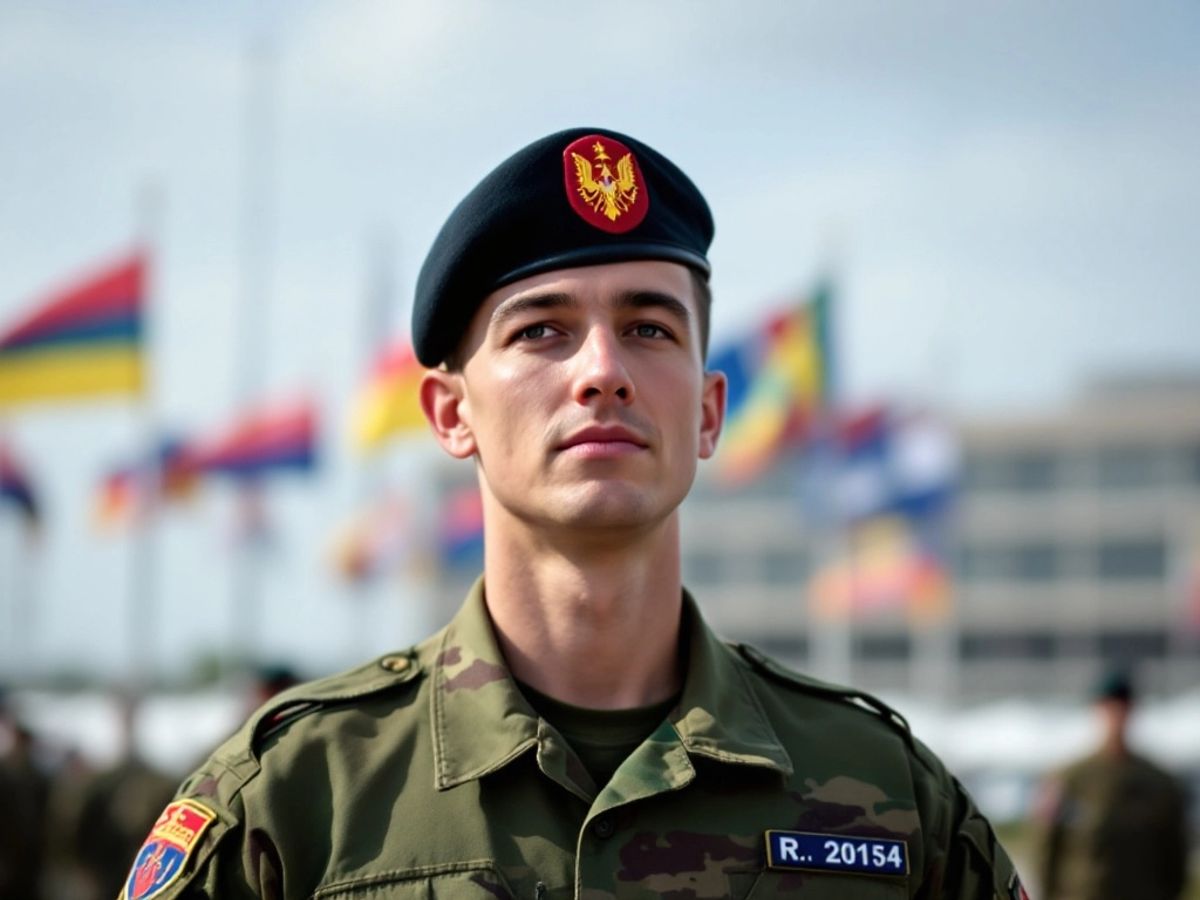Western Balkan countries are ramping up their defense budgets and reintroducing compulsory military service in response to global security concerns. This shift is largely influenced by ongoing conflicts in Ukraine and the Middle East, prompting nations to reassess their military capabilities.
Key Takeaways
- Increased Defense Budgets: NATO members Croatia, Slovenia, Montenegro, Albania, and North Macedonia are boosting military spending.
- Compulsory Military Service: Serbia and Croatia are reinstating mandatory military service, while other nations are considering similar measures.
- Regional Disparities: Bosnia and Herzegovina lags behind in defense investments compared to its neighbors.
Rising Military Budgets
The Western Balkans are witnessing a significant increase in defense spending. Countries are allocating more resources to modernize their military capabilities, reflecting a broader trend in response to geopolitical tensions.
- Serbia: With a 37.9% increase in its military budget, Serbia is focusing on acquiring new equipment and upgrading existing systems. The country has also announced the return of compulsory military service, which will last for 75 days, starting from 2025.
- Croatia: Following Serbia’s lead, Croatia will reintroduce compulsory military service for 60 days beginning January 1, 2025. The Croatian military budget has surged by 622% since 2016, emphasizing modernization efforts.
- Montenegro and Slovenia: Both countries are increasing their military budgets, with Montenegro committing at least 2% of its GDP to defense. However, neither plans to reinstate compulsory military service.
Compulsory Military Service Returns
The reintroduction of compulsory military service marks a significant shift in defense policy for some countries in the region.
- Serbia: Compulsory military service was abolished in 2010 but is set to return, reflecting a strategic pivot in defense policy.
- Croatia: The reintroduction of military service is part of a broader modernization strategy, including recent acquisitions of advanced military equipment.
Other Regional Developments
- North Macedonia: While discussions about reinstating compulsory military service are ongoing, the focus remains on modernizing the army and participating in international missions.
- Kosovo: The transformation of the Kosovo Security Force into an armed force is underway, with plans to increase personnel to approximately 7,500. Kosovo is also seeking to join NATO’s Partnership for Peace Program.
- Bosnia and Herzegovina: The country faces challenges in defense reforms due to its complex political structure, resulting in slower progress in military investments.
Conclusion
The Western Balkans are undergoing a significant transformation in defense policy, driven by regional security concerns and the need for modernization. As countries like Serbia and Croatia reinstate compulsory military service, the region is poised to enhance its military capabilities in an increasingly uncertain global landscape.






